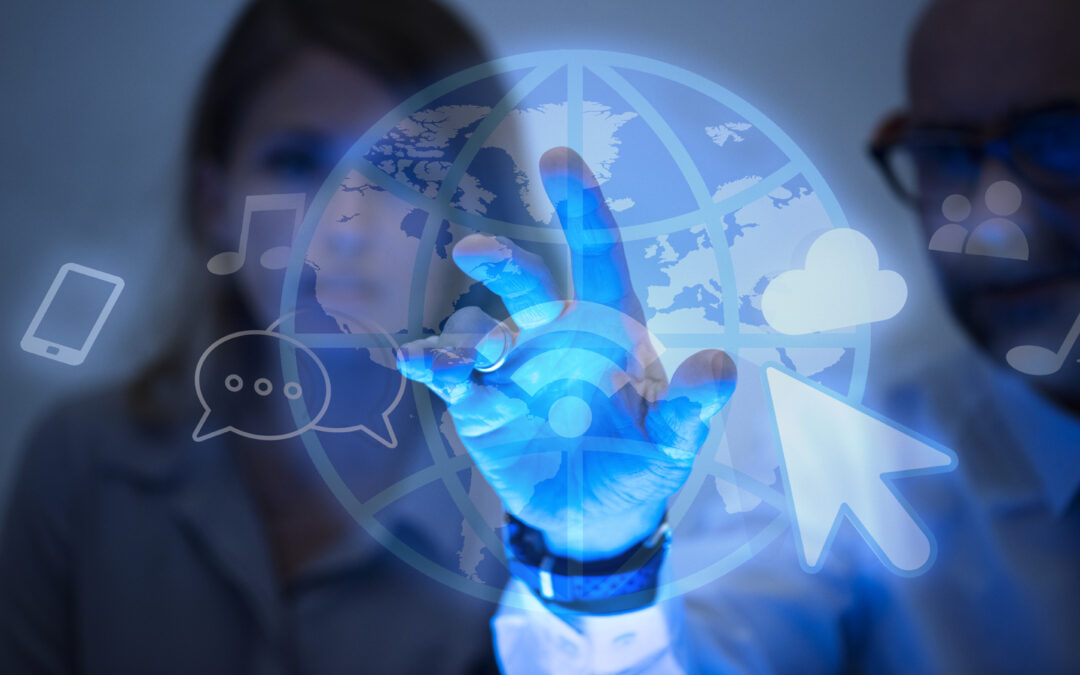Coronavirus has put the entire world on high alert. There are many reasons one could point out: the spread across the planet has shown that the virus is faster and lethal than we could imagine. What few people know, however, is that Coronavirus has increasingly represented a digital threat.
Cybercriminals are taking advantage of the state of alert of the world population, especially in countries with higher risk of contamination, to send messages with false contents spreading several malicious agents specially created to steal bank information and have unrestricted access to files (corporate and personal).
E-mails with fake links or dangerous attachments that apparently only provide instructions for protection and identification of the new virus, criminals are attacking the population electronically. By clicking on the content of a message, users have their computers hacked and their devices infected with malware, such as the Emotet Trojan (effective in attacks on governments and financial institutions); Trojan horse (capable of spying and stealing sensitive data, in addition to gaining access to the device system); and Ransomware (whose function is to restrict access to the system and collect its ransom in cryptocurrencies).
It is worth noting, however, that we are not facing any major news, because hackers always send emails and fake content to ‘obtain’ people’s data. However, what is surprising is the amount of attacks and the sophistication of the scams.
Therefore, it is important to be aware that we are in a hyperconnected era, in which a large part of the population is informed and communicated over the Internet. In other words, we are subject to being targeted by these attacks with every click. The strategic question to ask is what can we do to mitigate these threats?
The first answer is to work cautiously. Companies can begin by limiting access to strange links and guiding their employees not to open attachments from strangers. It is important to continuously rethink about ones security indexes and measures from specific plans to train and qualify all employees, as a mantra to be followed by all. You need to share best protection practices on the Web – including instant messaging applications. Leaders should follow this journey closely, looking for ways to guide teams and continuously alert them of the importance of stopping and thinking before opening strange links or suspicious attachments.
In addition to forming a cybersecurity-oriented culture, one will need to invest in the use of technologies capable of identifying vulnerabilities and preventing attacks, with content filters and firewalls that limit access to information and keep all devices protected, using antivirus and also by certified programs of protection and detection of attacks.
Another way to protect yourself is to have specific solutions for each equipment. Using appropriate and always-up-to-date tools helps prevent data theft, spying, improper exposures, or damage to strategic databases for the business. Having state-of-the-art solutions – enabling intelligent, proactive and real-time analysis – is important to prevent up-to-date viruses from breaking into the corporate network, causing irreparable damage. This protection must be present in PC, servers and smartphones, because these devices are among the most used by Brazilians.
In addition to the change in user’s habit, who must always distrust the unknown sender and not open any received file, the protection technology is already available in Brazil and can be seen as an essential factor to increase the digital security of companies. Coronavirus has shown us that fighting epidemics requires joint work, coordination and a lot of control. Nowadays, we all want to have fast and global information, but the question is: is your organization really prepared to work safely? The answer begins with the technology you use and cybersecurity policies as it is impossible to protect attacks manually.
With more than 5,000 clients, Blockbit is one of the leading manufacturers of cybersecurity solutions, empowering businesses to protect themselves against a wide range of threats, vulnerabilities, and cyberattacks, whether internal or external, generic or specific.

